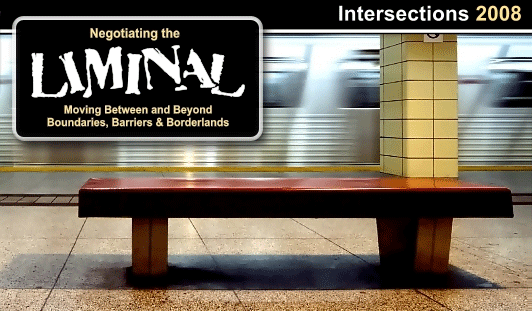FATHER OF THE BOTTOM: TOWARDS A CRITIQUE OF SAME-SEX MARRIAGE
DOI:
https://doi.org/10.25071/1718-4657.36737Abstract
On July 20th, 2005, the federal government of Canada passed Bill C-38, the Civil Marriage Act, which changed the legal definition of marriage as the lawful union of two persons to the exclusion of all others. This changed the federal legislation from defining marriage as a union between a man and a woman and broadened the legal definition to include same-sex couples. Canadians for Equal Marriage (CEM), one of the principal advocacy organizations, lauded the change in legislation as an important move towards equality for same-sex individuals. The organization’s advocacy work leading up to the vote in the House of Commons, along with their public media campaigns, reinforced the position that saw the inclusion of queer unions into federal definitions of marriage as an important moment for the queer rights movement. The discourse that surrounded this debate leading up to and after July 20th framed marriage as the cornerstone of queer rights and equality; yet, it lacked any sort of critique about the broader social and political implications for queer identity and the queer rights movement. Conflating marriage with equality, CEM’s discourse around gay marriage lacked any critique of how inclusion into state-legislated familial structures could impact broader discourses of queer identity. Instead, the majority of articles focused on how queer marriage was obligatory and called on all members of the queer community to embrace and organize politically around the issue of marriage. This discourse suggests the recognition of same sex unions is indicative of a broader social equality. However, it must be asked whether this assimilation into a heterosexual/heteronormative framework ensures real equality or merely the assimilation of queer identity through state-mediated kinship structures. Although gay marriage is a tool for enabling the inclusion of same-sex partners into benefits packages, tax breaks and other federally legislated benefits, the language used by gay marriage advocates problematically links concepts of equal rights to marriage without questioning or critiquing the concept of state-mediated kinship structures. Looking at the media campaign around this issue, and how it linked the attaining of rights to legalizing marriage it must be asked whether this would create real social acceptance, or whether the same-sex marriage debate is an in actuality just an attempt to normalize queer relationships into a larger heteronormative framework.Downloads
Published
2008-03-16
How to Cite
Moldes, M. (2008). FATHER OF THE BOTTOM: TOWARDS A CRITIQUE OF SAME-SEX MARRIAGE. ETopia. https://doi.org/10.25071/1718-4657.36737

